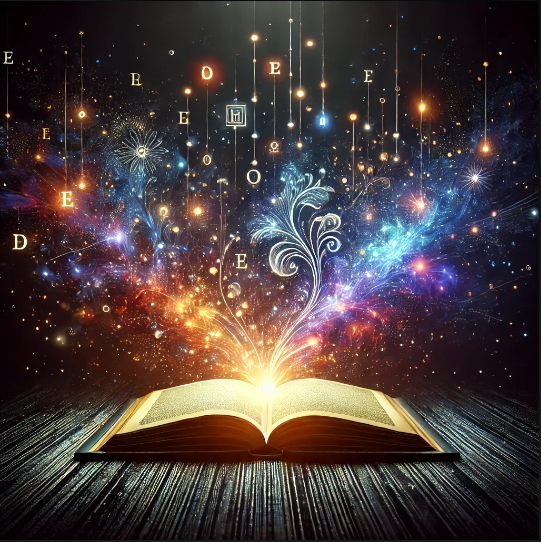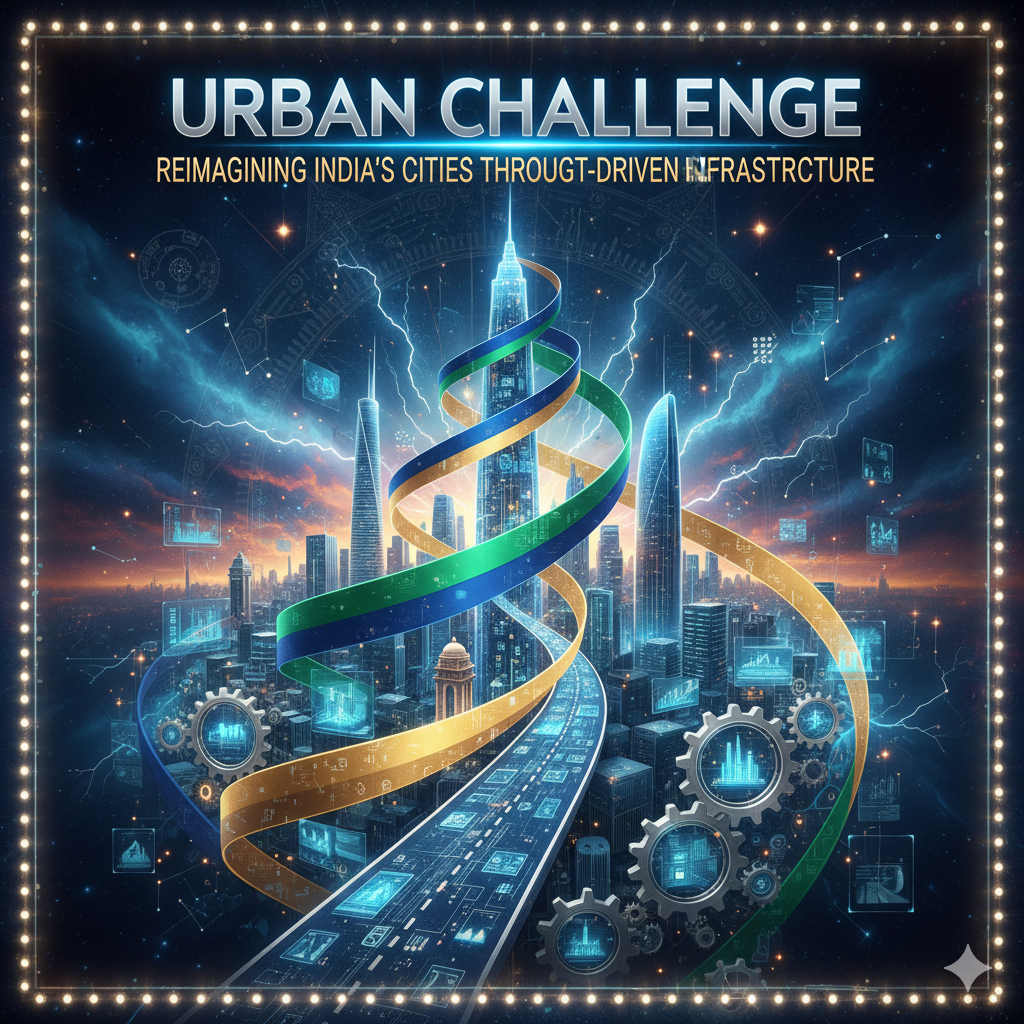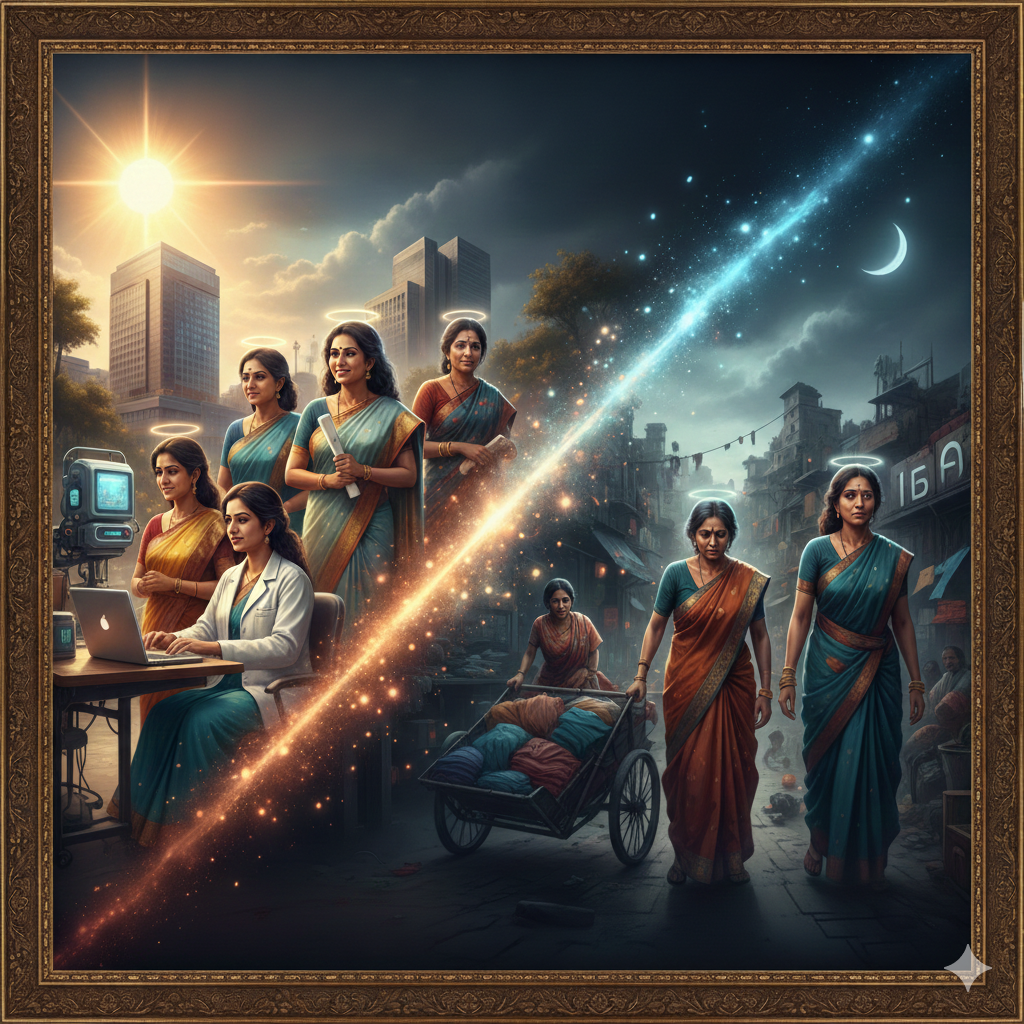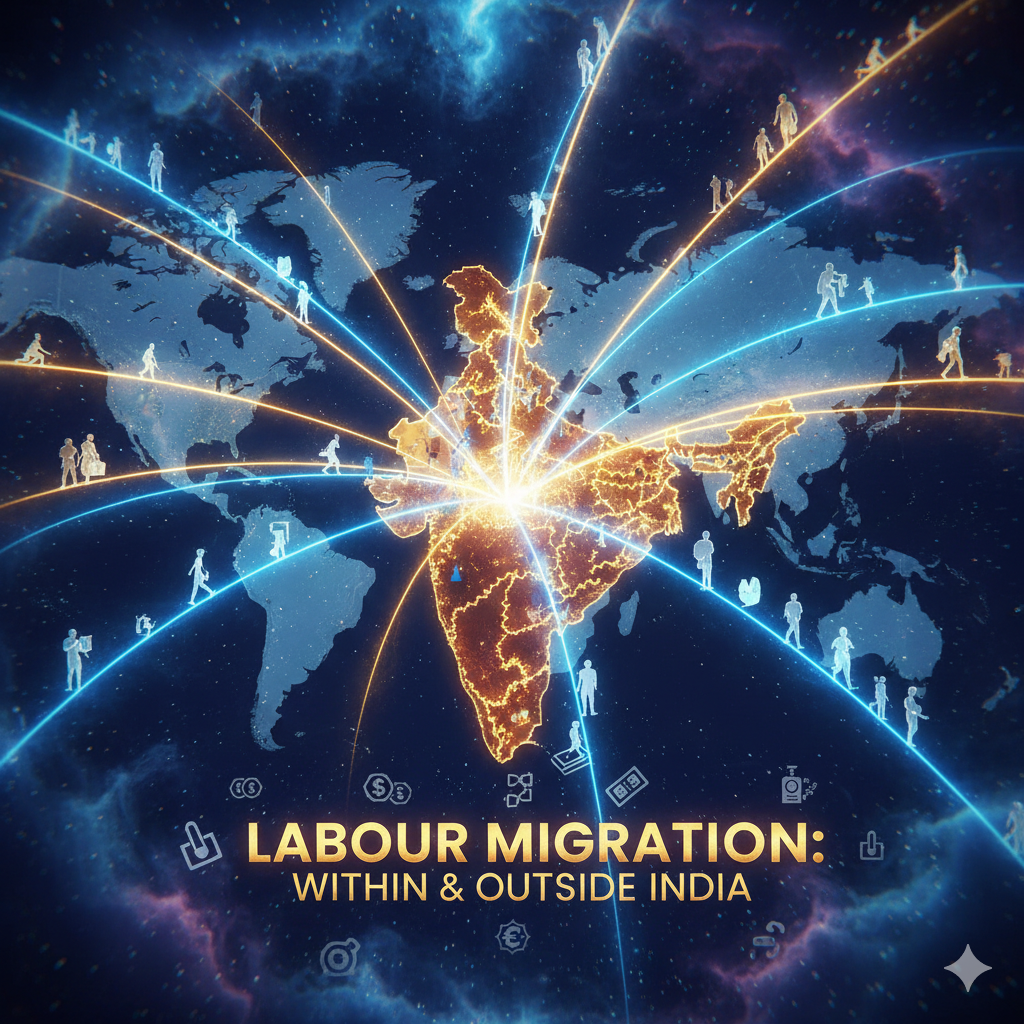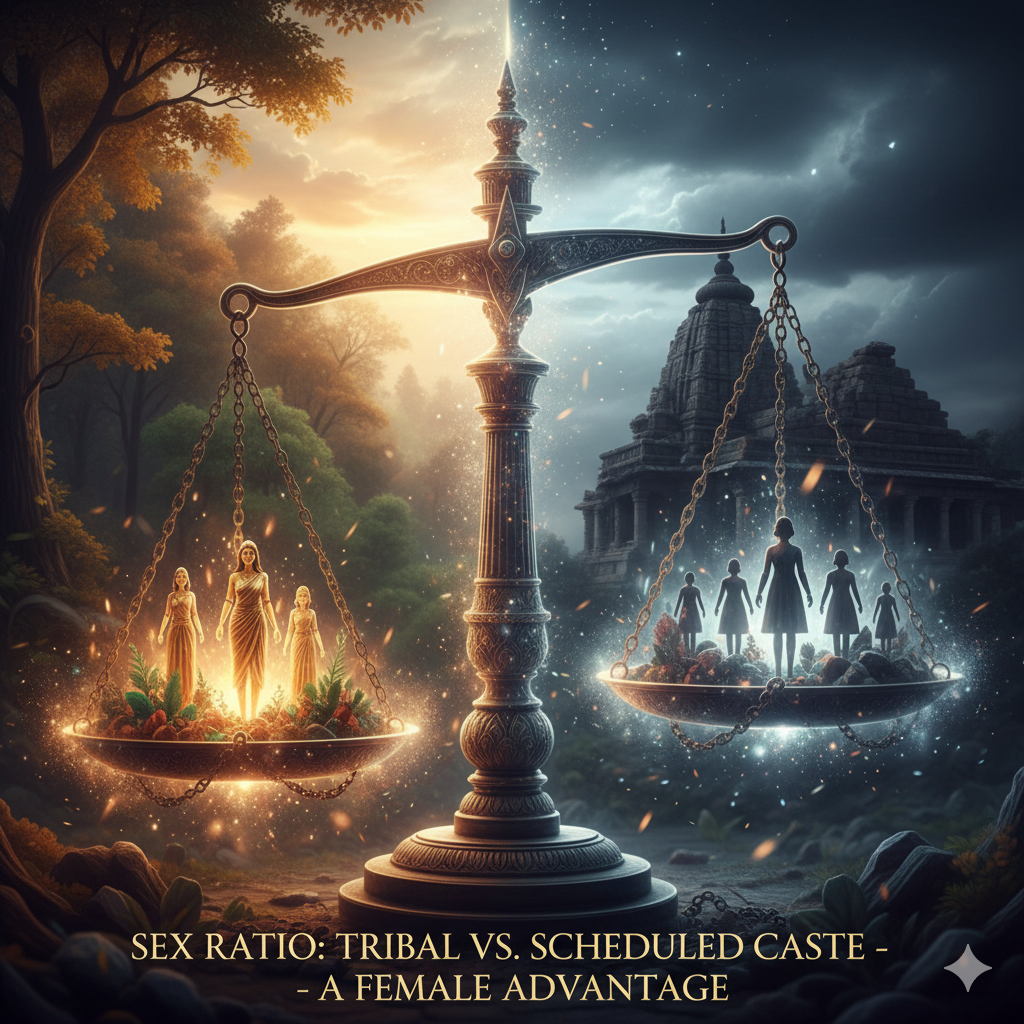Introduction
Literature has always been a reflection of society, culture, and human thought. Over the centuries, different literary movements and standards have emerged, each defining excellence in its own way. From the classical epics of Homer and Virgil to the modernist experiments of Virginia Woolf and James Joyce, the definition of “excellent literature” has evolved. Today, as we stand in an era shaped by technological advancements, diverse cultural influences, and globalized perspectives, there is a need for a new standard that aligns with contemporary values.
This essay explores the parameters that should define excellent literature in the modern era. It discusses factors such as cultural inclusivity, innovation in narrative techniques, moral responsibility, emotional depth, and accessibility. The purpose is to establish a new benchmark that ensures literature remains relevant, impactful, and a true representation of our evolving world.
Historical Perspective on Literary Excellence
Throughout history, literary excellence was often determined by how well a work adhered to certain classical ideals. In ancient times, literature was valued for its poetic beauty, philosophical depth, and ability to convey heroic narratives. Works like the “Iliad” and “Mahabharata” were celebrated for their grandeur and exploration of human values.
The Renaissance and Enlightenment periods saw literature shift towards intellectual exploration and social commentary. Writers like William Shakespeare and Voltaire combined artistic mastery with deep insights into human nature. Romanticism later introduced emotional depth and personal expression, while the Victorian era emphasized morality and realism.
The 20th century brought forth modernism and postmodernism, which challenged conventional storytelling and experimented with form, structure, and meaning. With movements such as existentialism and magical realism, literature became more diverse, subjective, and open to interpretation.
While these historical standards provided benchmarks for excellence in their respective eras, the contemporary world calls for a new standard that resonates with the complexities of modern society.
The Elements of a New Standard for Excellent Literature
To define excellent literature today, several key elements must be considered. These elements address the literary, philosophical, and societal needs of the 21st century.
1. Cultural Inclusivity and Representation
One of the most critical aspects of contemporary literature is inclusivity. In the past, literary canons were often dominated by a specific demographic, usually Western, male, and privileged perspectives. However, today’s literature must embrace diverse voices, including those of marginalized communities, different genders, races, and cultural backgrounds.
Excellent literature should be a reflection of global human experiences rather than a narrow viewpoint. Writers like Chimamanda Ngozi Adichie, Arundhati Roy, and Yaa Gyasi bring forth narratives that were previously underrepresented. This inclusivity ensures that literature remains relevant to a diverse readership and fosters empathy among people from different walks of life.
2. Innovation in Narrative Techniques
Traditional storytelling methods, such as linear narratives and standard prose forms, are evolving. Contemporary literature should experiment with new ways of storytelling to engage readers in innovative ways. Techniques like fragmented narratives, stream of consciousness, interactive fiction, and hybrid genres push the boundaries of literary expression.
For instance, books like Mark Z. Danielewski’s House of Leaves challenge conventional reading experiences through unconventional page layouts and multiple storylines. Likewise, Jennifer Egan’s A Visit from the Goon Squad uses different narrative styles, including a chapter written entirely in PowerPoint slides. Such innovations make literature dynamic, immersive, and reflective of how modern readers process information.
3. Moral and Ethical Responsibility
While literature is an art form, it also carries the responsibility of shaping society. Excellent literature should engage with ethical dilemmas, social justice issues, and the challenges of the human condition. Works like George Orwell’s 1984 and Harper Lee’s To Kill a Mockingbird are celebrated because they provoke critical thinking about political and social structures.
Modern literature should continue this tradition by addressing issues such as climate change, mental health, digital ethics, gender equality, and economic disparity. Authors must balance artistic freedom with an awareness of their influence on readers and society at large.
4. Emotional Depth and Psychological Realism
A great literary work should evoke deep emotions and provide psychological insights. Today’s literature should move beyond superficial storytelling and delve into the intricacies of human emotions, relationships, and inner conflicts.
Contemporary authors like Sally Rooney and Ocean Vuong craft stories that focus on personal experiences, emotional trauma, and self-discovery. These narratives resonate with readers who seek genuine, raw, and deeply human experiences in literature.
Excellent literature should not merely entertain; it should leave a lasting emotional and intellectual impact. Whether through tragedy, humor, or introspection, it must engage readers at a profound level.
5. Accessibility Without Compromising Depth
For literature to maintain its influence, it must be accessible without losing intellectual depth. In the past, literary excellence was often associated with dense, complex writing that required extensive interpretation. While complexity can be valuable, literature should not be so inaccessible that it alienates readers.
Contemporary literature should find a balance—maintaining depth and sophistication while being readable and engaging. Writers like Kazuo Ishiguro and Margaret Atwood demonstrate how literature can be both thought-provoking and accessible to a broad audience.
The rise of digital media and audiobooks also means that literature must adapt to new forms of consumption. Serialized storytelling, interactive fiction, and multimedia integration are reshaping how literature is experienced. Excellent literature should embrace these changes while preserving its artistic integrity.
The Role of Technology in Shaping Modern Literature
Technology plays a significant role in defining the new standard for excellent literature. The digital age has transformed the way stories are told, distributed, and consumed. E-books, self-publishing platforms, and social media have democratized literary creation, allowing voices that were previously unheard to reach global audiences.
Artificial intelligence (AI) and machine learning are also influencing literature, from AI-generated poetry to interactive storytelling powered by algorithms. While these developments pose questions about authorship and originality, they also open up new possibilities for creative expression.
Furthermore, literature in the digital age must compete with various forms of entertainment, including film, television, and video games. Excellent literature must therefore engage readers in ways that rival these other mediums, offering unique experiences that only the written word can provide.
The Future of Literary Excellence
The definition of excellent literature will continue to evolve as society changes. However, the core principles remain: literature should challenge, inspire, and reflect the human experience. The new standard should embrace diversity, experimentation, moral depth, emotional resonance, and accessibility.
As we move forward, literary critics, educators, and writers must actively engage in discussions about what makes literature truly excellent in the 21st century. Literary awards, academic institutions, and publishing houses should also adapt their criteria to reflect these evolving standards.
Conclusion
The new standard for excellent literature is not confined to rigid rules but is a dynamic, evolving concept. It recognizes the need for cultural inclusivity, innovation, ethical responsibility, emotional depth, and accessibility. Literature must continue to evolve with the times while preserving its core purpose: to tell compelling stories that resonate with humanity.
In an era of rapid change, literature remains one of the most powerful tools for understanding ourselves and the world around us. By establishing a new standard for excellence, we ensure that literature remains a vital, transformative force for generations to come.
